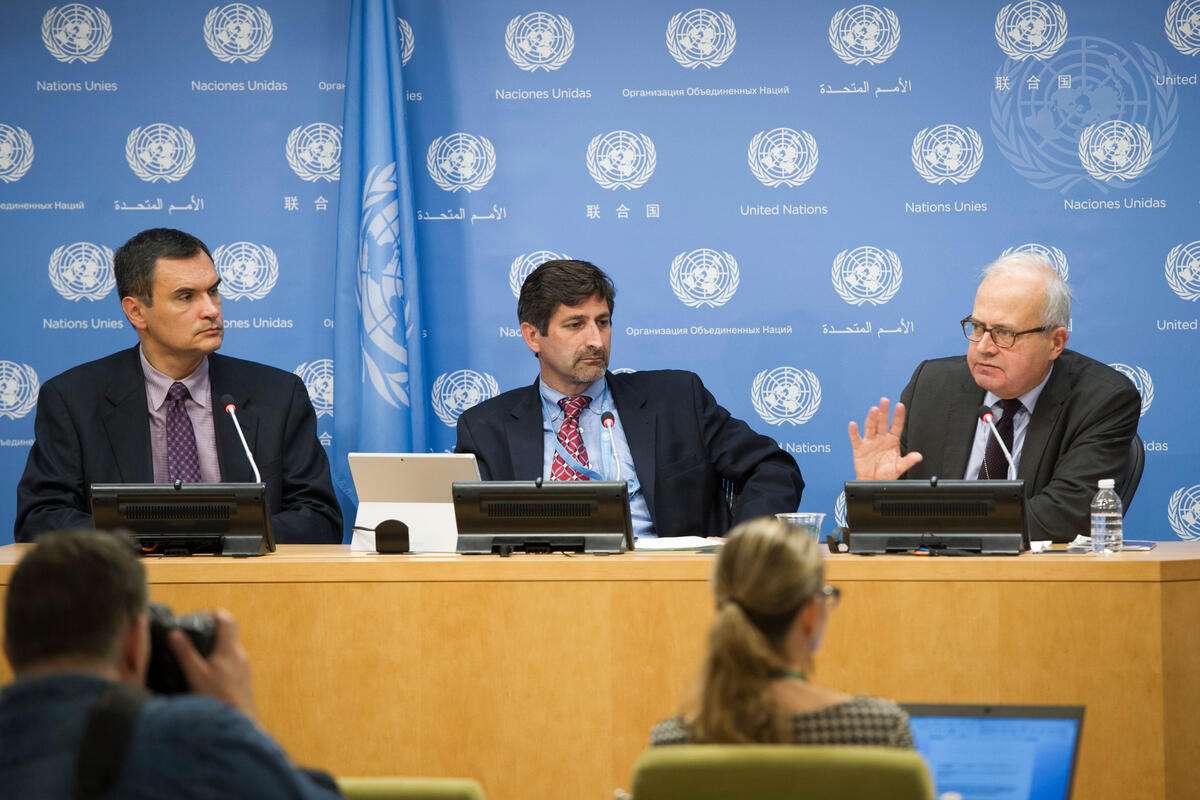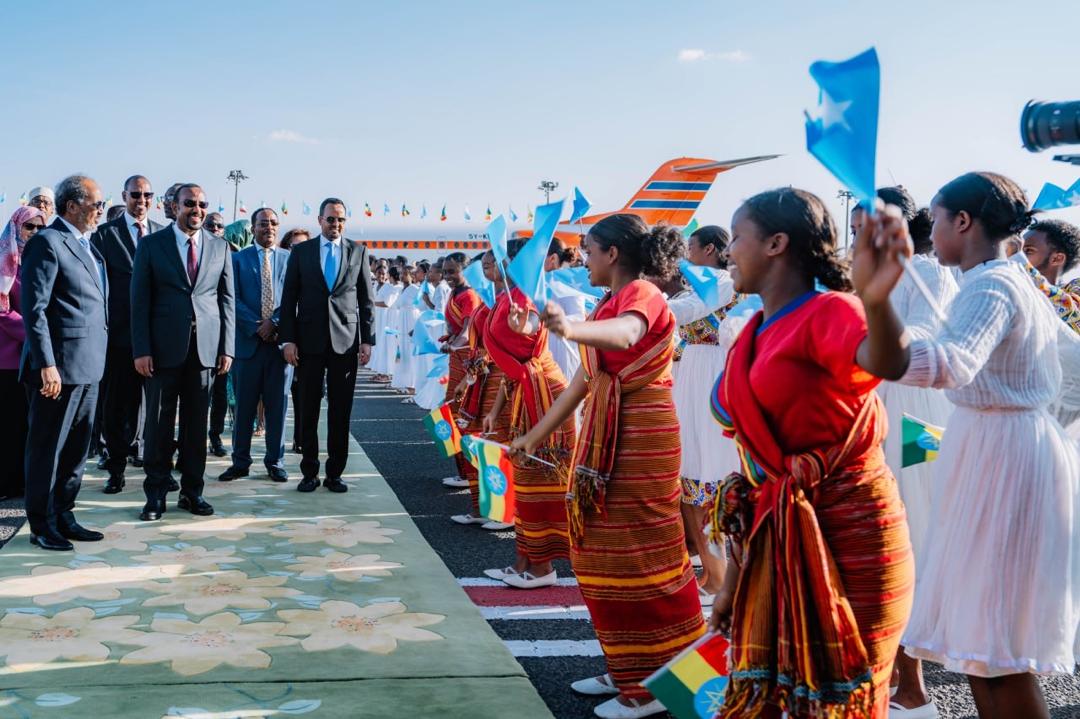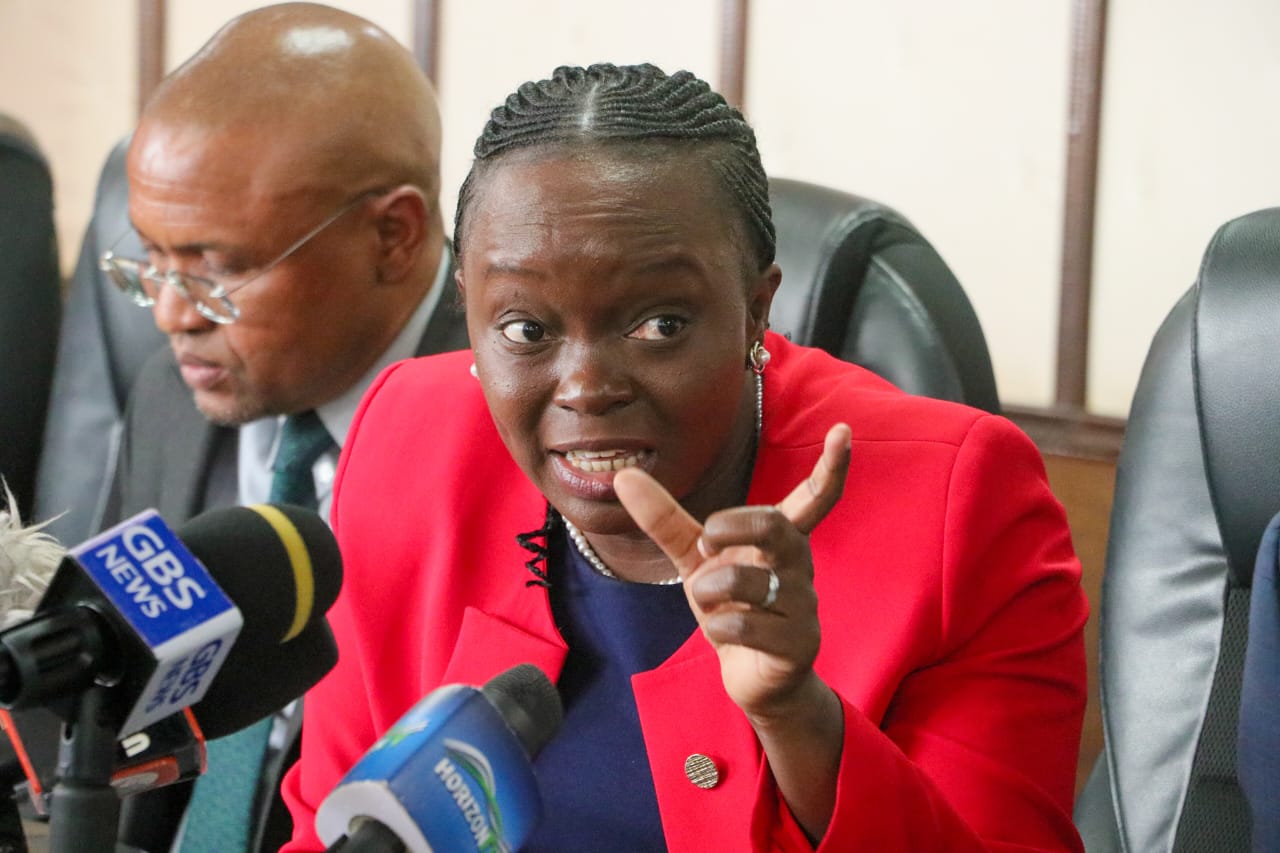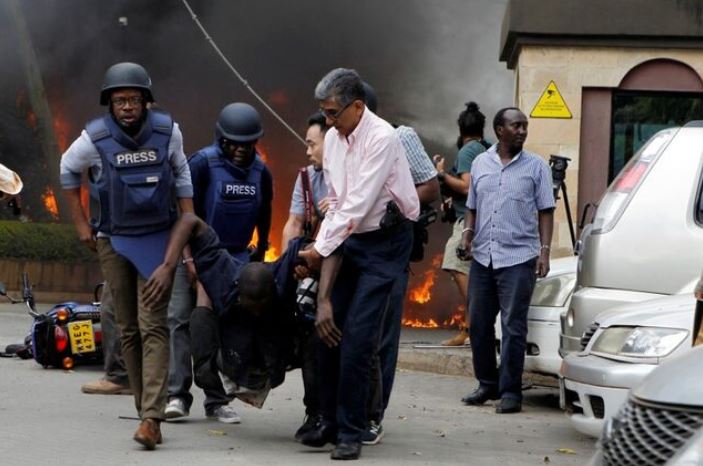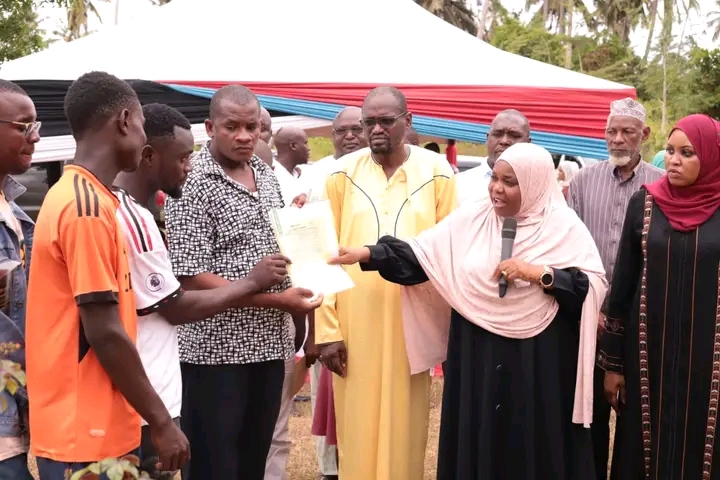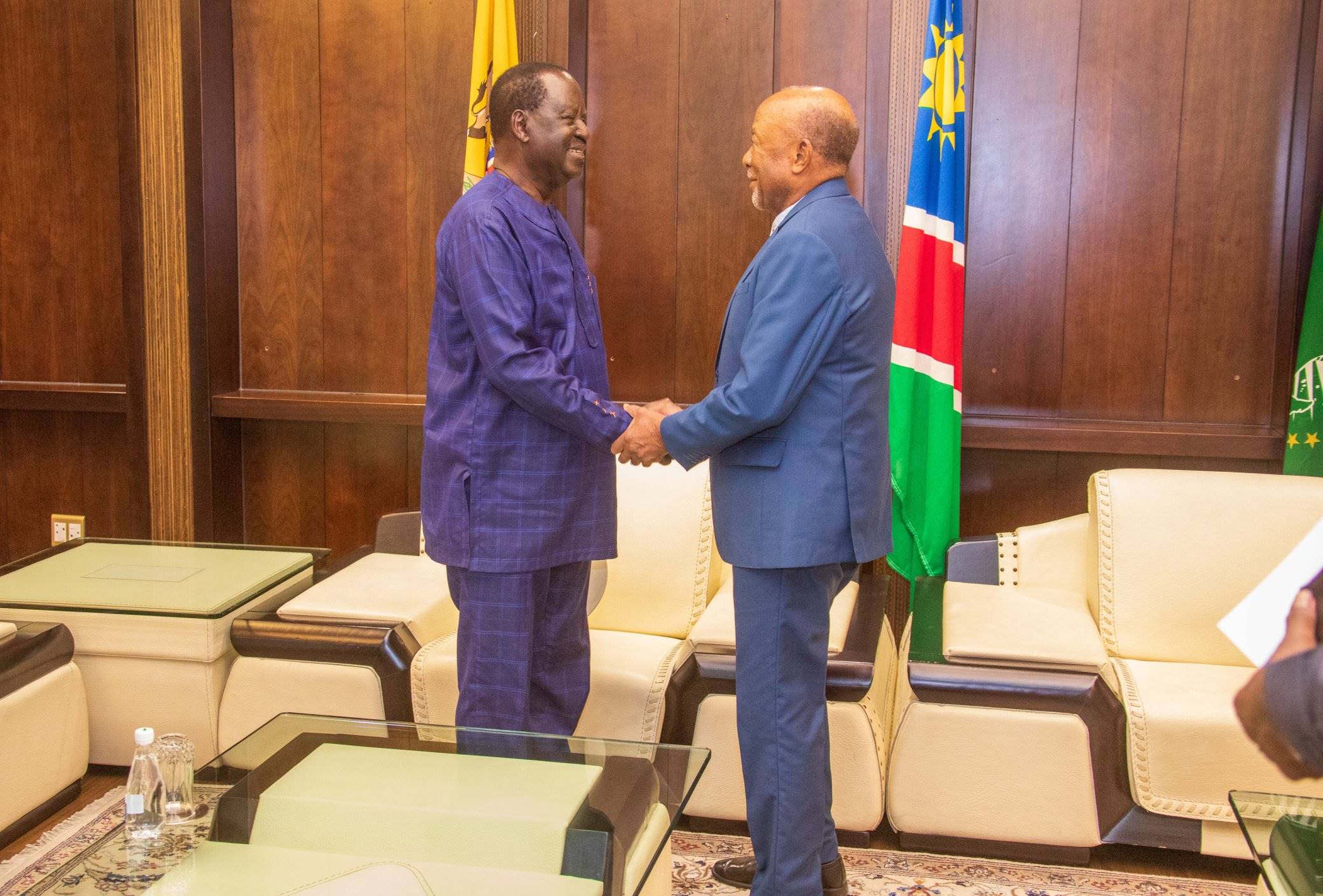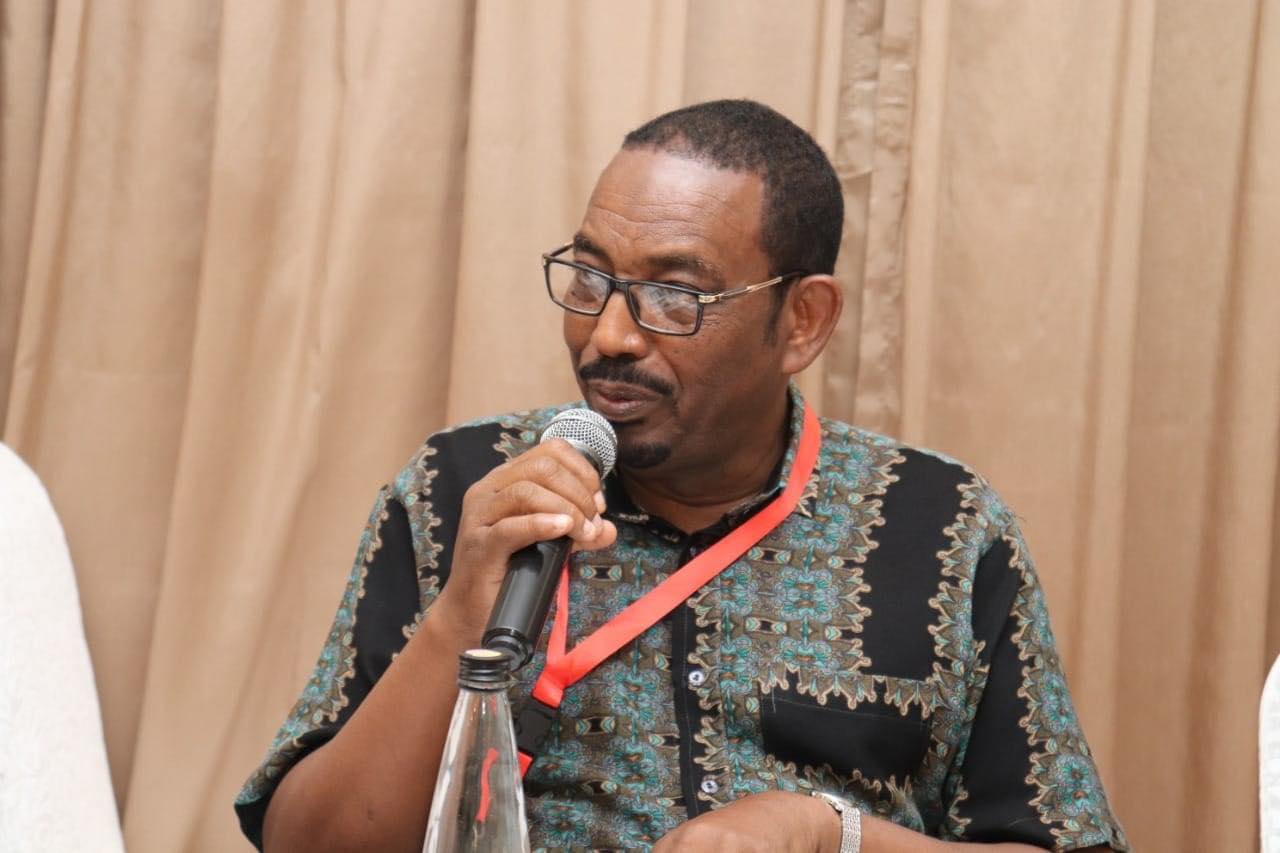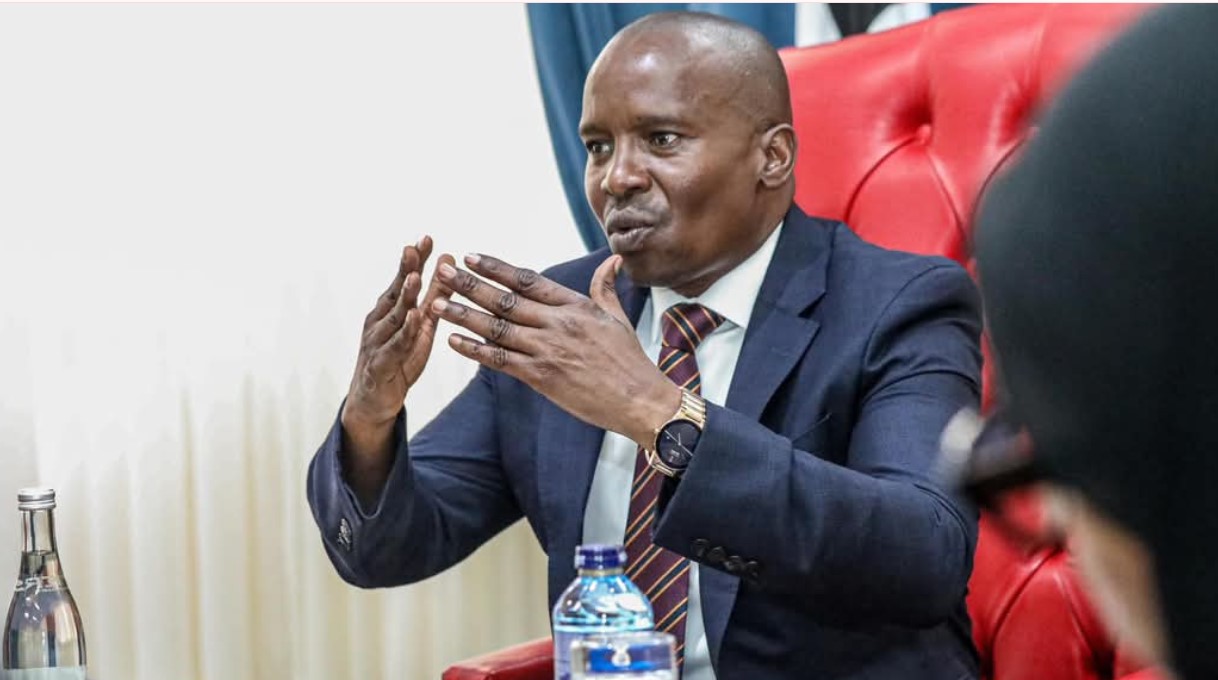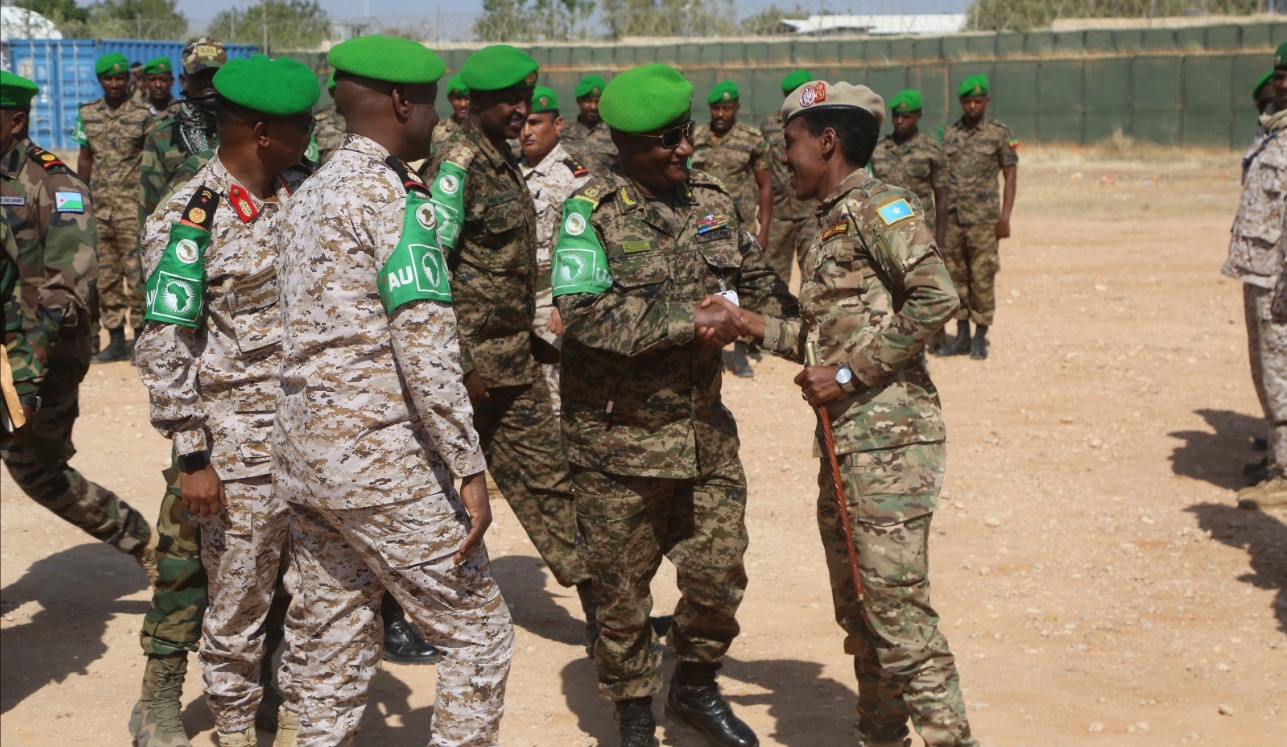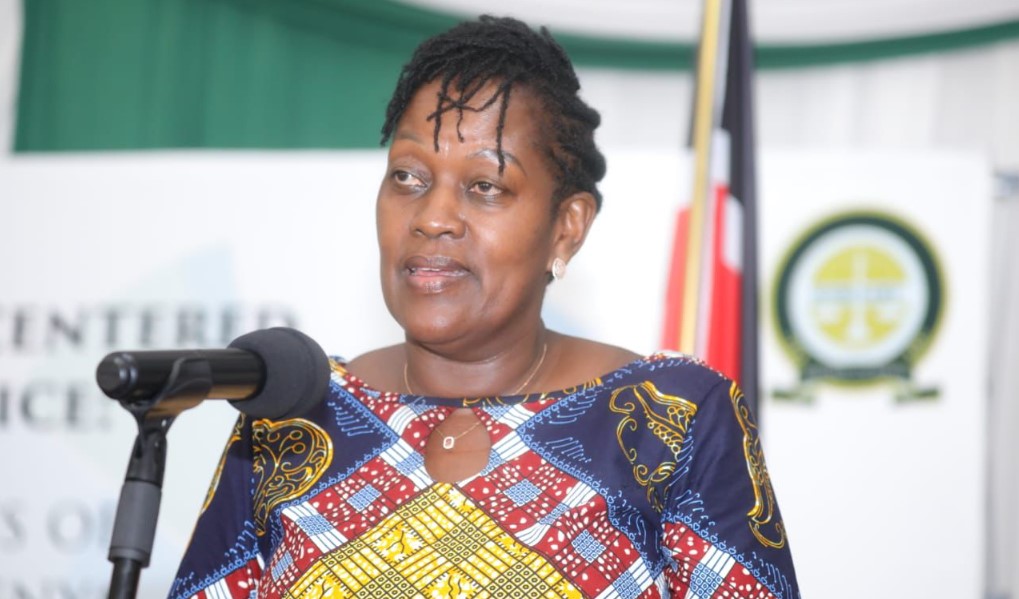Ethiopia calls for caution in deploying peacekeeping troops in Somalia post-ATMIS
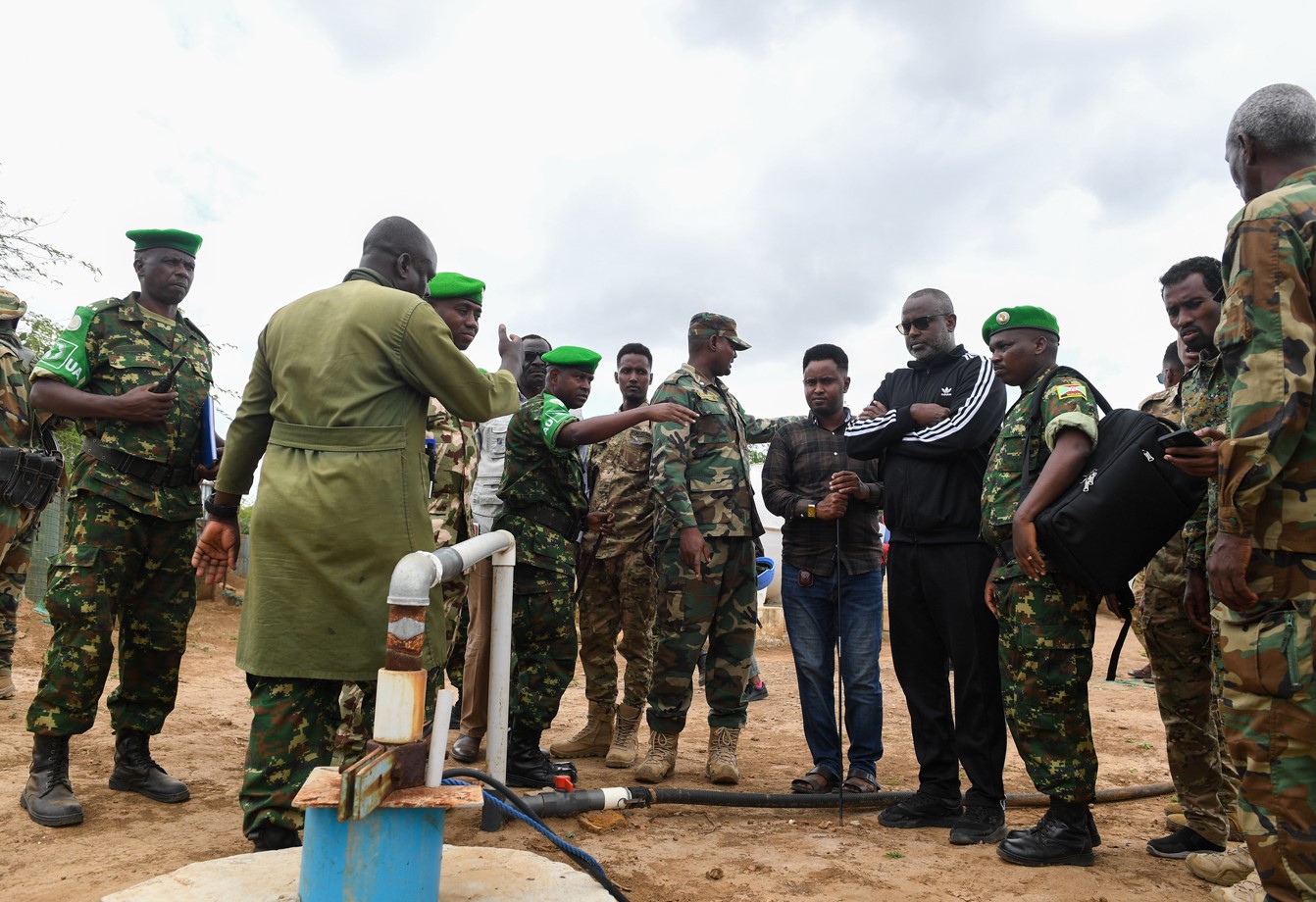
This appeal arises amid concerns over regional dynamics, particularly after Egypt, Ethiopia's regional rival, proposed deploying its troops as part of the peacekeeping efforts.
Ethiopia has called on the African Union (AU) and the United Nations (UN) to ensure a "careful" deployment of peacekeeping forces in Somalia following the conclusion of the African Union Transition Mission in Somalia (ATMIS).
During a weekly media briefing in Addis Ababa, Nebiyu Tedla, spokesperson for the Ethiopian Ministry of Foreign Affairs, stressed the need for the AU and UN to engage in comprehensive consultations with all stakeholders, particularly the current troop-contributing countries to ATMIS.
More To Read
- Somalia wants Ethiopia included in new African Union mission despite troop quota challenges
- Somalia's opposition says pacts with Ethiopian, other countries signed without parliament’s approval
- Somalia intensifies push to flush out ISIS elements holed up in Puntland’s Almiskaad mountains
- President Ruto leaves for African Union agriculture summit in Uganda’s capital Kampala
"The AU and the UN should ensure necessary consultations with all stakeholders, including the current troop-contributing countries to ATMIS," Tedla stated.
He argued the importance of a "careful deployment to avoid unnecessary misunderstandings and unexpected regional tensions," while also considering relevant Security Council resolutions.
This appeal arises amid concerns over regional dynamics, particularly after Egypt, Ethiopia's regional rival, proposed deploying its troops as part of the peacekeeping efforts.
The two nations have been at odds over Ethiopia's construction of the Grand Ethiopian Renaissance Dam (GERD) on the Blue Nile, which has fueled tensions between them.
ATMIS, which is set to conclude by the end of 2024, comprises troops from East African nations including Burundi, Djibouti, Ethiopia, Kenya, and Uganda.
Meanwhile, Somalia and Egypt have entered a new phase of military cooperation, following the signing of a significant defence agreement aimed at strengthening security ties between the two nations.
The agreement was announced by Villa Somalia after Somali President Hassan Sheikh Mohamud, during his official visit to Cairo, held bilateral talks with Egyptian President Abdel Fattah El-Sisi at the Al-Ittihadiya Palace.
Somalia expects all Ethiopian troops to leave the country by the end of 2024 as the ATMIS mandate expires in December, according to Somali National Security Adviser Hussein Sheikh-Ali.
Ali indicated that Mogadishu's decision not to retain Ethiopian troops in the region is in response to a controversial Memorandum of Understanding (MOU) signed in January 2024 between Ethiopia and the self-declared Republic of Somaliland.
Somaliland, a breakaway region in the far northwest of Somalia, has claimed autonomy since 1991, governing from the city of Hargeisa.
It has sought international recognition, though the African Union's official policy opposes altering colonially drawn borders.
The MOU grants Ethiopia leasing rights to the Red Sea coastline in Somaliland, allowing Ethiopia to build a naval base in exchange for diplomatic recognition.
Mogadishu and Addis Ababa have been attempting to reach a consensus through talks mediated by Ankara, but so far, no agreement has been reached.
Top Stories Today




